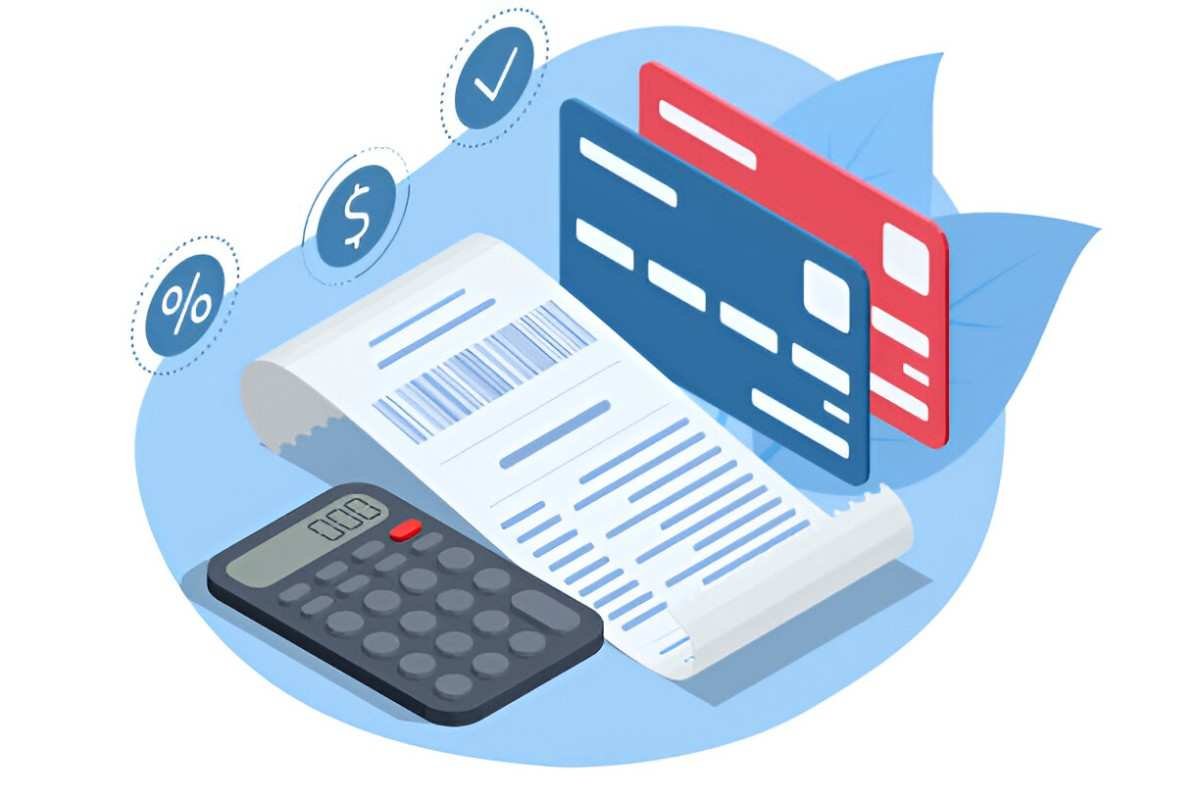Introduction
In the modern business landscape, accepting credit card payments has become essential for improving cash flow and customer satisfaction. However, businesses facing a tax lien must navigate additional complexities when handling electronic transactions. This guide explores the relationship between accepting credit cards and tax liens, considering the legal, financial, and operational implications.
Table of Contents
Understanding Credit Card Payments
Credit card transactions involve multiple parties, including the merchant, acquiring bank, payment processor, and card networks such as Visa or Mastercard. When a customer pays with a credit card, the transaction is authorized, processed, and settled, typically within 1–3 business days.
Key Components of Credit Card Processing:
| Component | Description |
|---|---|
| Merchant | Business accepting credit card payments |
| Cardholder | Customer making the payment |
| Issuer Bank | Bank that issued the credit card |
| Acquiring Bank | Bank processing the transaction for the merchant |
| Payment Processor | Company handling transaction authorization and settlement |
| Card Network | Visa, Mastercard, Amex, etc. facilitating the process |
Tax Liens and Their Impact on Business Operations
A tax lien is a legal claim imposed by the IRS or state tax authorities against a business or individual for unpaid taxes. This lien affects the business’s ability to secure financing, enter into contracts, and process transactions.
Types of Tax Liens:
| Type | Description |
|---|---|
| Federal Tax Lien | IRS claim against business assets for unpaid federal taxes |
| State Tax Lien | State-imposed lien for delinquent state taxes |
| Property Tax Lien | Local government claim on property due to unpaid taxes |
The Intersection of Credit Card Processing and Tax Liens
When a business with a tax lien accepts credit card payments, the IRS may attempt to garnish receivables. Merchant service providers assess risk and may suspend or terminate processing agreements if a tax lien is detected.
Key Considerations:
- Merchant Account Underwriting: Providers review financial stability before approving accounts.
- Funds Garnishment: The IRS can issue a levy to seize a portion of revenue from transactions.
- High-Risk Classification: A tax lien categorizes a business as high-risk, leading to higher fees.
Practical Example: IRS Levy on Credit Card Receivables
Suppose a business processes $50,000 in credit card transactions monthly. The IRS issues a levy demanding 25% of revenues. The impact is calculated as follows:
\text{Garnished Amount} = \text{Total Transactions} \times \text{IRS Levy Percentage} \text{Garnished Amount} = 50,000 \times 0.25 = 12,500The business would lose $12,500 per month, affecting cash flow and operations.
Strategies to Manage Credit Card Processing with a Tax Lien
1. Negotiate with the IRS
- Businesses can request an installment agreement or lien withdrawal.
- A subordination request may allow new financing despite the lien.
2. Use a Third-Party Payment Processor
- Some processors cater to high-risk merchants.
- Funds may be settled through intermediaries to avoid direct IRS levies.
3. Opt for Alternative Payment Methods
| Method | Pros | Cons |
|---|---|---|
| ACH Transfers | Lower fees, IRS less likely to levy | Longer settlement times |
| Cryptocurrency | Decentralized, less IRS oversight | Volatility, limited acceptance |
| Cash Transactions | Immediate access to funds | Security risks, record-keeping challenges |
Legal and Compliance Considerations
Businesses under a tax lien must comply with IRS regulations and merchant agreements. Failure to disclose a lien to payment processors may lead to account termination.
Legal Risks:
- Breach of Contract: Hiding a tax lien can violate terms of service.
- Levy Evasion Penalties: Attempting to divert funds may result in legal action.
- Impact on Business Credit: Liens are public records affecting creditworthiness.
Conclusion
Businesses with tax liens face challenges when accepting credit card payments, but strategic financial planning and negotiation with tax authorities can mitigate risks. Understanding how tax liens impact credit card processing helps business owners make informed decisions, ensuring compliance while maintaining operational stability.





